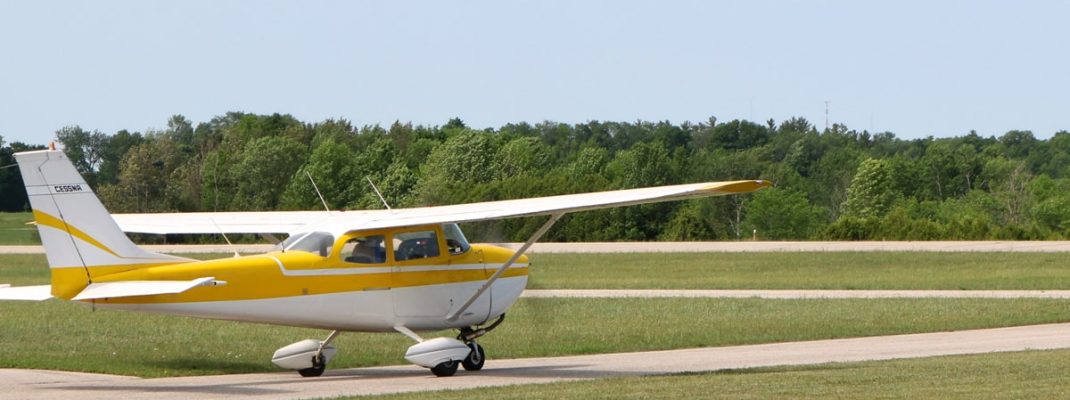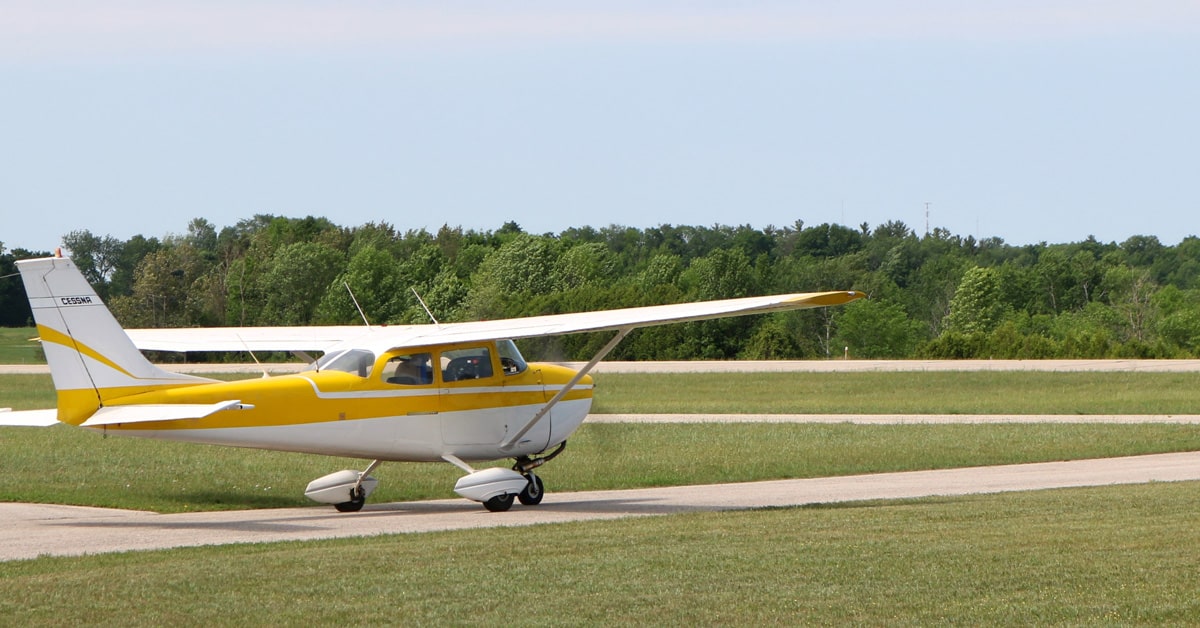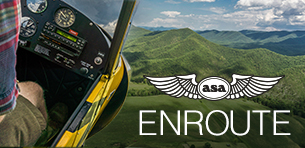What factors should you consider before buying or learning how to fly a Light Sport Aircraft?
- Lifestyle. Imagine living your dream. What lifestyle do you want to create for yourself? With so many types of aircraft, you can to choose what you want, what’s best for you.
- Speed. If you want a new and sexy airplane that burns half the fuel and flies as fast as your friends at the airport, look at the new, top-of-the-line LSA high-performance composite airplanes, such as the Gobosh 800XP and the Cirrus SRS.
- Versatility. If you want to store your aircraft in a trailer similar to sailplanes, to travel around the country in your motorhome, or save money on hangar rent, consider an airplane with foldable wings, a Weight-Shift Control (WSC) or a Powered Parachute (PPC), all of which are easily transported.
- Taking it slow. If you want to fly low and slow above the countryside for a great view, look at the two ultralight type aircrafts, which are now classified as an LSA: Trikes (a.k.a. Weight Shift Control, WSC) and Powered Parachute (PPC) models.
- Limited budget. If you want to own your own aircraft but have a limited budget, consider the ultralight type airplanes (WSC and PPC) and the new Experimental LSA bolt-together kits. In fact, with the easy to assemble bolt-together kits, you can now do your own maintenance, which saves you money on upkeep. You can also purchase an aircraft as part of a group, so everybody shares expenses.
What is your situation? How do these factors help you to choose the right LSA? Post your comments and questions in the Comment section below the video.
About Paul
Paul Hamilton is recognized as an expert in the Light Sport Aircraft (LSA) category. He is a pilot, flight instructor, aviation engineer, consultant, writer, video producer and business owner. Through his company, Adventure Productions, Paul specializes in teaching and informing people about flying (especially LSA) including students, pilots, instructors, mechanics, engineers and aerodynamicists.




